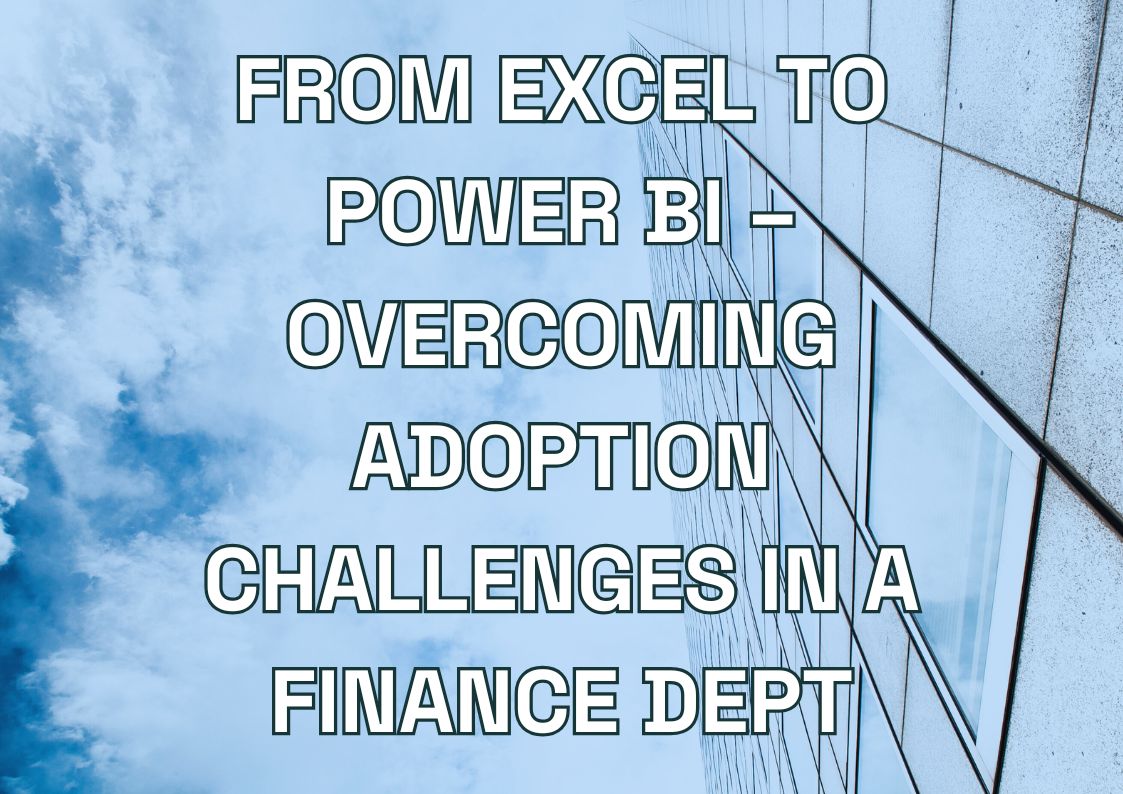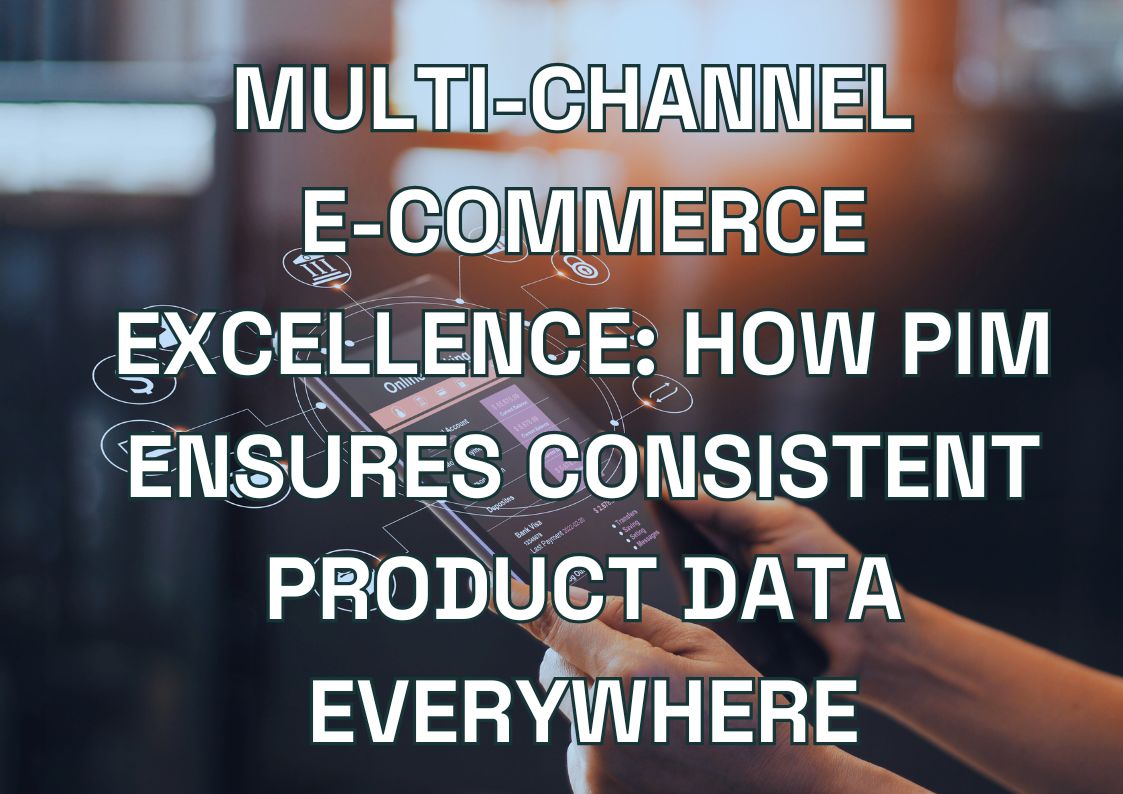Enter full stack development – an approach that’s revolutionizing the way we build and maintain web applications. But what does full stack developer mean, and why is this role becoming increasingly crucial in the world of technology and IT outsourcing? As companies strive to create seamless, user-friendly digital experiences, they’re asking: what does full stack developer mean for our projects?
It refers to professionals who can handle all aspects of web development, from user interfaces to server-side logic. This holistic approach addresses both the visible elements users interact with and the behind-the-scenes functionality that powers these interactions. As the demand for these versatile experts skyrockets, understanding what a full stack developer means for your business has never been more important.
Our guide delves into the world of full stack development, exploring its meaning, significance, and impact on modern businesses. We’ll uncover the skills and technologies that define full stack developers, examine the differences between developers and engineers in this field, and discuss how this approach is shaping the IT outsourcing industry. Whether you’re a business owner looking to streamline your development processes, a manager considering outsourcing options, or simply curious about the latest trends in web development, this article will provide valuable insights into the multifaceted world of full stack development. Join us as we unravel the complexities of this dynamic field and discover how it’s transforming the digital landscape.
What Does Full Stack Development Mean?
Full stack development refers to the end-to-end process of building web applications, encompassing both the front-end (client-side) and back-end (server-side) aspects of development. This holistic approach ensures that all layers of a web application work seamlessly together, from the user interface down to the database.
In the context of IT and outsourcing, full stack development has become a game-changer. It allows companies to streamline their development processes, reduce communication barriers between different teams, and create more cohesive, efficient web solutions. By working with full stack developers or outsourcing full stack services, businesses can benefit from a unified approach to their technological projects, often resulting in faster development cycles and more robust applications.
Fullstack Development – Connected Services
What Does It Mean to Be a Full Stack Developer?
A full stack developer is a jack-of-all-trades in the web development world. These professionals possess a diverse skill set that allows them to work on all aspects of web application development. They’re comfortable coding in multiple languages and are familiar with various frameworks and tools used throughout the development process.
The role of a full stack developer typically includes:
- Designing and developing user interfaces (UI)
- Creating server-side logic and APIs
- Working with databases and data storage solutions
- Ensuring cross-platform optimization and responsiveness
- Troubleshooting and debugging across the entire stack
For businesses that don’t want to hire full-time specialists for each aspect of web development, outsourcing full stack services can be a game-changer. It provides access to comprehensive expertise without the need to maintain a large in-house team, offering flexibility and cost-effectiveness.
Expand Your Team with Expert Full-Stack Developers
Leverage our IT staff augmentation services to add skilled full-stack developers to your team. Scale quickly, stay agile, and meet your development goals with ease.
Looking for full-stack developers? Let us help you build the perfect team to power your projects.

Looking for full-stack developers? Let us help you build the perfect team to power your projects.

Differences Between a Full Stack Developer and a Full Stack Engineer
While the terms “full stack developer” and “full stack engineer” are often used interchangeably, there are subtle differences that can be important for business managers seeking specific expertise:
- Full Stack Developer: Generally focuses on implementing features and functionalities across the entire stack. They’re typically more hands-on with coding and immediate problem-solving.
- Full Stack Engineer: Often takes on a more strategic role, involved in system design, architecture decisions, and optimizing overall application performance. They may have a deeper understanding of scalability and efficiency concerns.
In practice, the distinction can be blurry, and many professionals can fill both roles. When outsourcing, it’s crucial to clearly communicate your project needs to ensure you’re matched with the right expertise.
What Does Full Stack Mean in Programming and Web Development?
In programming and web development, “full stack” refers to the complete set of technologies and skills needed to create a fully functional web application. This encompasses everything from the user-facing elements to the server-side logic and database management.
The full stack typically includes:
- Front-end technologies (HTML, CSS, JavaScript)
- Back-end programming languages (like Python, Ruby, Java, or Node.js)
- Database technologies (SQL, MongoDB, etc.)
- Server management and deployment
- Version control systems (like Git)
In the context of IT outsourcing trends, the demand for comprehensive solutions in web application development has led to an increased focus on full stack capabilities. Businesses are looking for partners who can handle all aspects of their web projects, from conception to deployment and maintenance.
What Technologies Should a Full Stack Developer Know?
Full stack development requires a diverse skill set that spans both front-end and back-end technologies. To give you a clear picture of the expertise required, we’ve compiled a comprehensive table of essential skills and technologies that a proficient full stack developer should possess. This overview will help you understand the breadth of knowledge needed in this field and can serve as a guide when evaluating potential developers or outsourcing partners.
| Category | Technologies and Skills |
|---|---|
| Front-end | – HTML5, CSS3, and JavaScript – Front-end frameworks (React, Angular, Vue.js) – Responsive design principles |
| Back-end | – Server-side languages (Node.js, Python, Ruby, Java, PHP) – RESTful API development – Database management (SQL and NoSQL) – Server management (Apache, Nginx) |
| Additional Skills | – Version control (Git) – Basic DevOps knowledge – Cloud platforms (AWS, Azure, Google Cloud) |
This table represents the core competencies of a full stack developer, but it’s important to note that the field is ever-evolving. Successful developers often specialize in certain areas while maintaining a working knowledge of others. When working with an outsourced team, it’s advantageous to partner with a provider whose developers are well-versed in these technologies. This ensures they can handle diverse project requirements and adapt to your specific tech stack.
Moreover, the ability to learn and adapt to new technologies quickly is just as crucial as mastering existing ones. The best full stack developers are those who can leverage their broad knowledge base to tackle complex problems and integrate new tools and frameworks as needed. By partnering with developers or teams who possess this comprehensive skill set, businesses can ensure they’re well-equipped to handle the multifaceted challenges of modern web development.
What Are the Benefits of Full Stack Development for Businesses?
Embracing full stack development, whether through in-house teams or outsourcing, offers several key advantages for businesses:
-
Faster project delivery:
With a full stack approach, development cycles can be shortened as there’s less need for handoffs between specialized teams.
-
Cost reduction:
Hiring full stack developers or outsourcing to a full stack team can be more cost-effective than maintaining separate front-end and back-end teams.
-
Increased flexibility:
Full stack developers can pivot between different aspects of a project as needed, allowing for more agile development processes.
-
Unified vision:
Having developers who understand the entire stack leads to more cohesive application design and better overall user experience.
-
Easier maintenance:
When one team or developer understands the entire application, troubleshooting and updates become more straightforward.
-
Scalability:
Full stack developers can more easily scale applications as they understand how changes in one area affect the entire system.
Outsourcing Full Stack Development: When and How
As businesses navigate the complex world of web development, many are turning to outsourcing as a strategic solution. But when is the right time to outsource full stack development, and how can you ensure you’re partnering with the right provider? Let’s explore these crucial questions in the comprehensive table below, which outlines both the scenarios that call for outsourcing and the key factors to consider when selecting a service provider.
| Aspect | Considerations |
|---|---|
| When to Outsource Full Stack Development | 1. Limited internal IT resources 2. Cost considerations 3. Time-sensitive projects 4. Need for specialized expertise 5. Scaling operations 6. Focus on core business |
| How to Choose the Right Service Provider | 1. Assess their experience 2. Check their tech stack 3. Evaluate communication skills 4. Consider cultural fit 5. Review case studies and client testimonials 6. Assess their project management approach 7. Examine their security practices 8. Consider scalability |
Fullstack Development – To Conclude
Outsourcing full stack development can be a game-changer for many businesses, offering access to specialized skills, cost efficiencies, and increased flexibility. The scenarios listed in the table represent common situations where outsourcing becomes not just beneficial, but often necessary for maintaining competitiveness and driving innovation.
However, the success of your outsourcing venture heavily depends on choosing the right partner. The selection criteria outlined in the table serve as a roadmap for identifying a service provider that aligns with your business needs and values. By carefully evaluating potential partners against these factors, you can find a full stack development service provider that not only meets your current needs but can also support your long-term technological goals.
Remember, the best outsourcing relationships are those built on mutual understanding, clear communication, and shared objectives. Take the time to thoroughly vet potential providers, and don’t hesitate to ask detailed questions about their processes, expertise, and past successes. With the right partner, outsourcing full stack development can become a powerful tool for driving your business forward in the digital age.
Let's talk about your IT needs

Let me be your single point of contact and lead you through the cooperation process.
Choose your conversation starter
Signed, sealed, delivered!
Await our messenger pigeon with possible dates for the meet-up.








